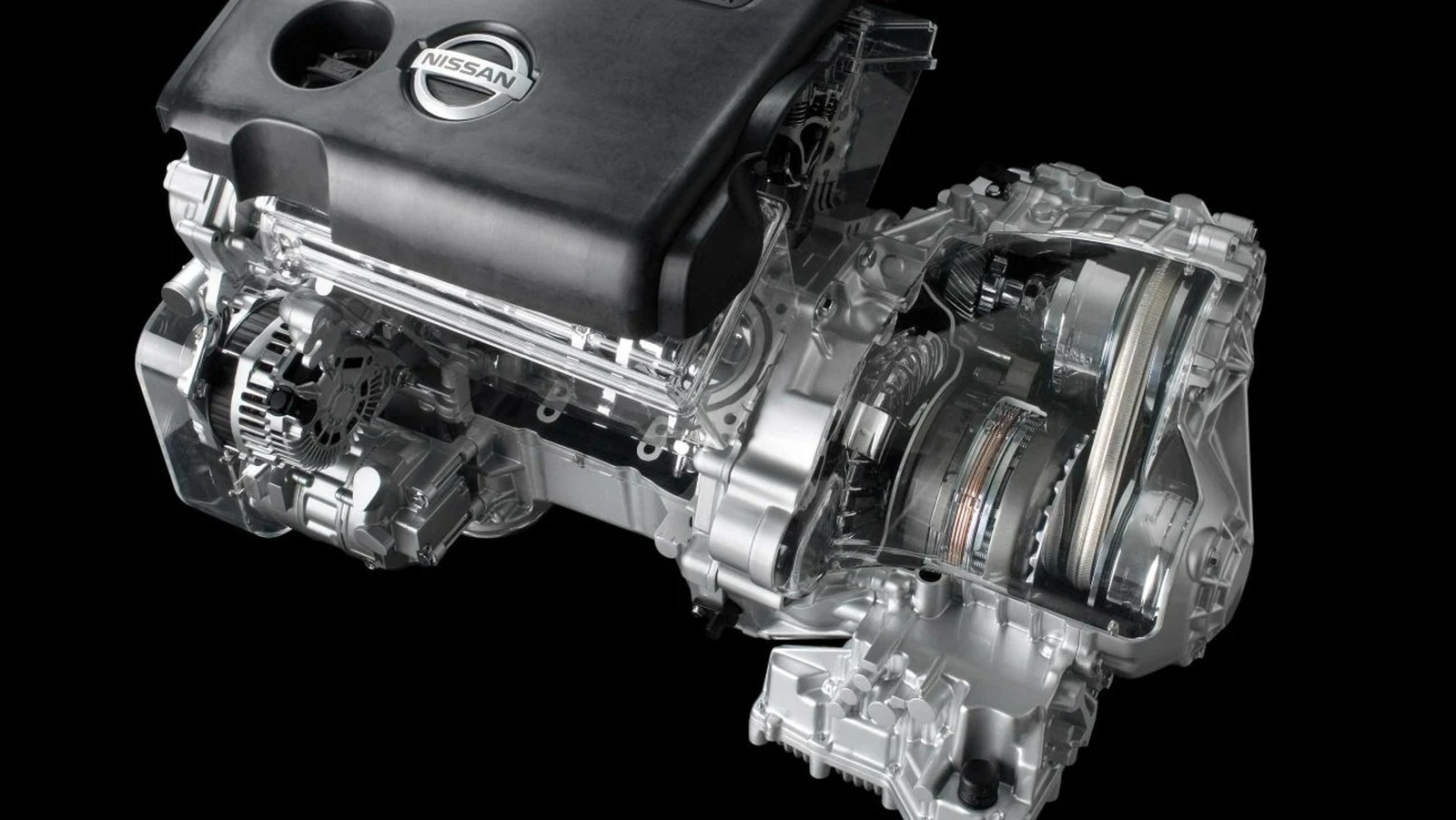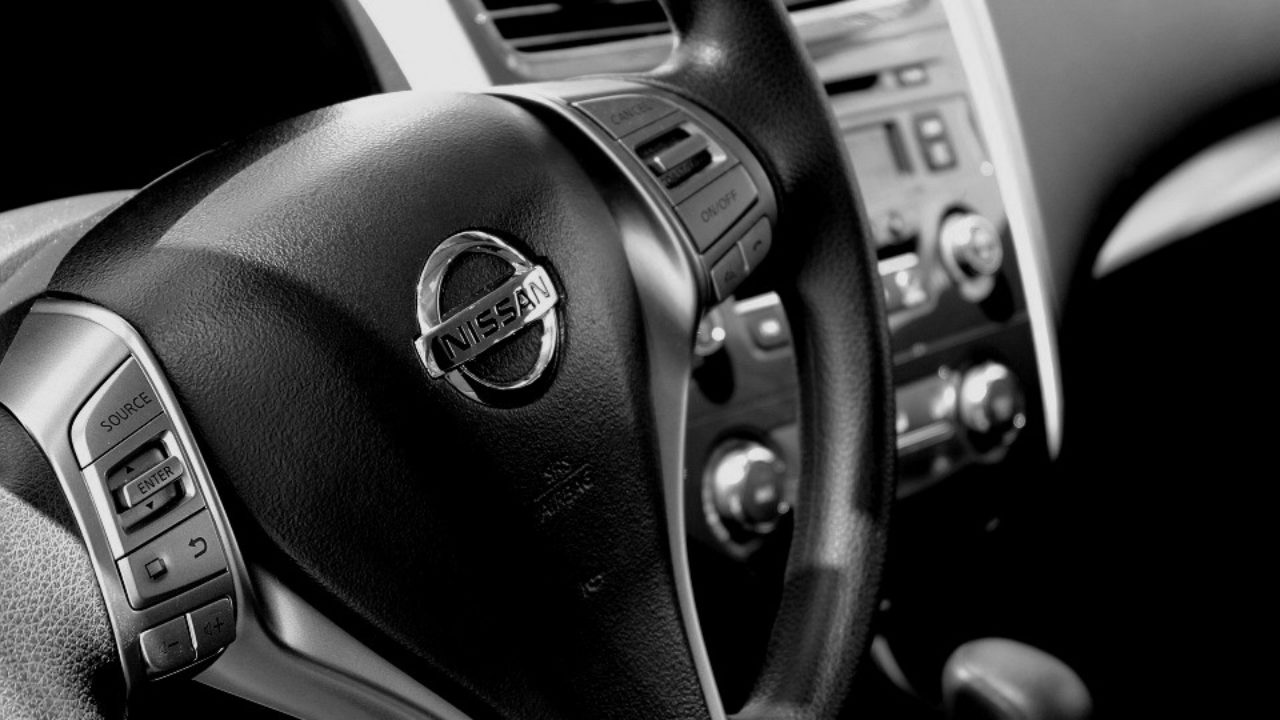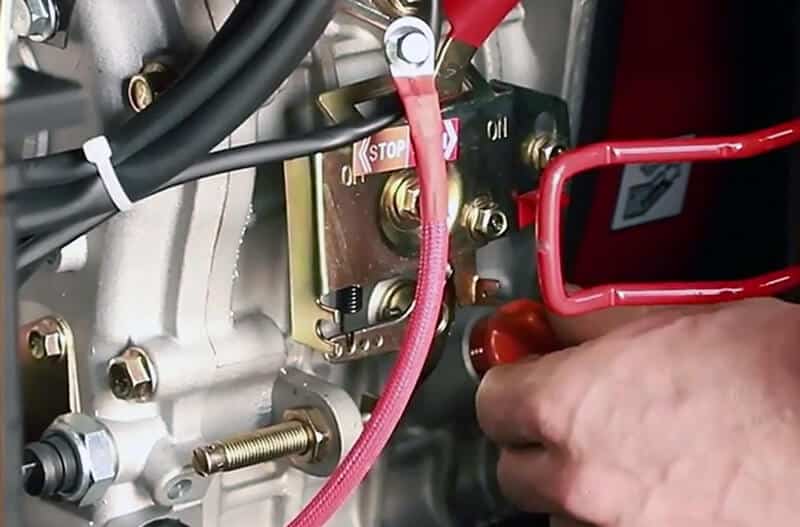Is Your Nissan Affected by a CVT Transmission Defect?
Is Your Nissan Affected by a CVT Transmission Defect? for many drivers, Nissan has been a go-to name when it comes to stylish design, fuel efficiency, and affordable innovation. But beneath the hood of several popular models lies a growing concern that has left thousands frustrated: the Nissan CVT transmission defect. If you’ve noticed odd noises, slipping gears, or a shuddering ride, you’re not alone—and you might just be affected.

What Is a CVT Transmission, Anyway?
Before diving into the issue, it helps to understand what a CVT is. A Continuously Variable Transmission (CVT) is not your standard gear-shifting system. Unlike traditional automatic transmissions, CVTs don’t use fixed gears. Instead, they operate through a belt and pulley system that seamlessly adjusts to maintain optimal engine performance. The result? Smooth acceleration, improved fuel economy, and fewer moving parts.
Sounds futuristic and flawless, right?
Unfortunately, reality doesn’t always align with theory—especially when it comes to the Nissan CVT transmission defect.
The Rise of the CVT in Nissan Vehicles
Nissan was one of the earliest adopters of CVT technology, rolling it out across a range of models, including:
- Nissan Altima
- Nissan Rogue
- Nissan Sentra
- Nissan Versa
- Nissan Juke
- Nissan Pathfinder
With this wide adoption, CVTs became a staple of the brand’s promise for fuel efficiency and innovation. But not long after, complaints started piling up.
Spotting the Signs: Common Symptoms of the CVT Defect
Is your Nissan acting strange lately? Watch out for these tell-tale signs of a Nissan CVT transmission defect:
- Delayed or harsh shifting
- Overheating transmission warning lights
- A noticeable lag when accelerating
- Jerky or shuddering motion during low-speed driving
- Whining or buzzing noises
- Sudden loss of power on highways
These symptoms can vary in intensity. Some might be subtle at first, but they often worsen over time—especially if left unaddressed.
Models & Years Most Commonly Affected
Based on consumer reports, legal filings, and manufacturer data, the following models are frequently mentioned in connection to the Nissan CVT transmission defect:
| Model | Affected Years |
|---|---|
| Altima | 2013–2019 |
| Sentra | 2012–2020 |
| Rogue | 2014–2020 |
| Versa | 2012–2019 |
| Pathfinder | 2013–2016 |
| Juke | 2013–2017 |
If you drive one of these vehicles, especially with mileage above 60,000, you may be at increased risk of experiencing transmission issues.
The Heart of the Issue: Why the Defect Occurs
So, what’s causing the problem? Several technical issues have been identified in relation to the Nissan CVT transmission defect:
- Inadequate cooling system: CVTs are prone to overheating, especially in high-mileage vehicles. Nissan’s transmission cooling system sometimes fails to regulate heat effectively, causing internal damage.
- Faulty transmission control module (TCM): Malfunctioning electronics can send erratic signals to the transmission, leading to jerking and poor acceleration.
- Poor-quality CVT belts: The steel belts inside some CVT units degrade prematurely, resulting in a loss of traction and power.
These issues can culminate in expensive repairs or, worse, complete transmission failure—leaving drivers stranded and frustrated.
How Much Does It Cost to Repair a Defective CVT?
Here’s where things get really painful. Replacing a CVT transmission is not cheap. Depending on your location and vehicle model, repair costs related to a Nissan CVT transmission defect may range from $3,500 to $6,000. Some owners report spending even more if additional damage occurred before the diagnosis.
While extended warranties may cover some of the expense, many drivers only discover the problem after their warranty has expired.
What Has Nissan Done About It?
Facing widespread backlash, Nissan has issued several Extended Warranty Programs and Technical Service Bulletins (TSBs) over the years. These include:
- An extended warranty on certain CVT transmissions up to 120,000 miles or 10 years.
- TSBs to dealerships instructing them how to address specific CVT-related complaints.
- In some cases, free or discounted replacements have been offered to eligible drivers.
Still, many consumers argue that these measures don’t go far enough—and that they learned about the programs too late.
The Legal Front: Lawsuits & Class Actions
As the number of complaints surged, so did the legal action. Multiple class-action lawsuits have been filed in various states, accusing Nissan of:
- Knowing about the defect and failing to inform customers
- Selling vehicles with a high risk of transmission failure
- Providing insufficient remedies for affected drivers
Some lawsuits have reached settlements. In those cases, affected drivers have received partial reimbursement for repairs, extended warranties, or a cash payout.
Still, new lawsuits continue to emerge, especially as problems persist in newer models.
What Drivers Can Do If They Suspect a CVT Defect
If you think your Nissan may be affected by the Nissan CVT transmission defect, here’s what you should do:
- Check for service bulletins or recalls related to your model and year.
- Schedule an inspection with a Nissan-certified mechanic or dealership.
- Document everything—keep service records, invoices, and notes about the vehicle’s performance.
- Contact Nissan customer service to inquire about any applicable warranty extensions.
- Research ongoing lawsuits to determine your eligibility for compensation or inclusion in a class action.
Don’t ignore early signs—catching the issue early can help minimize damage and repair costs.
Real Voices: What Drivers Are Saying
Here’s a glimpse into what real Nissan owners are reporting about their experiences:
“My 2016 Sentra started jerking after 70,000 miles. Dealership told me the CVT was dying. No warning, no lights—just a hefty repair bill.”
“Nissan extended my warranty, but it didn’t help. My Altima’s transmission gave out at 95,000 miles. Replacing it cost me over $4,000.”
“I wish I knew about the class action sooner. I paid for repairs out of pocket before I realized I might’ve been eligible for reimbursement.”
These stories echo across online forums and consumer complaint boards, creating a chorus of frustration that can’t be ignored.
How to Check If Your Vehicle Is Eligible
To find out if your car qualifies for warranty extension, service, or inclusion in a legal claim:
- Visit Nissan’s official website and enter your VIN (Vehicle Identification Number)
- Look up your car’s history at NHTSA.gov for recalls or bulletins
- Reach out to class-action lawsuit websites to check if your vehicle is part of the claim
The process takes minutes and could save you thousands.
CVT Maintenance Tips to Minimize Risk
While some problems are out of your control, you can take steps to reduce the risk of developing or worsening a Nissan CVT transmission defect:
- Don’t ignore warning signs—early intervention is key
- Avoid aggressive driving and rapid acceleration
- Check your transmission fluid regularly—use only manufacturer-recommended types
- Keep your transmission cool, especially in hot climates or while towing
- Service your vehicle on schedule, and always keep records
Proactive care won’t solve a factory defect, but it might delay failure and help you secure assistance when you need it.
The Road Ahead for Nissan and CVTs
Nissan has pledged to improve future CVT models, and newer versions may include better cooling systems and revised components. However, trust takes time to rebuild, and many consumers remain skeptical.
For now, the best protection is awareness. If you suspect your vehicle may be compromised by a Nissan CVT transmission defect, don’t wait. Knowledge is your best defense—and the first step toward resolution.
Final Thoughts
The Nissan CVT transmission defect has affected tens of thousands of drivers across the country. While Nissan has taken some steps to address the problem, many still face costly repairs and ongoing frustrations.
By staying informed, checking your eligibility for legal action or extended warranties, and practicing smart maintenance, you can take control of your driving experience—rather than letting it control you.
Keep your car running smoothly, your wallet protected, and your journey worry-free.







